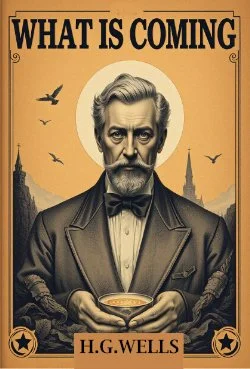By C. Raymond Beazley. Edited by Colin Heston
Prince Henry the Navigator: The Hero of Portugal and of Modern Discovery, 1394–1460 A.D. by C. Raymond Beazley is a scholarly and richly detailed biography that explores the life and legacy of Prince Henry of Portugal, a pivotal figure in the early Age of Exploration. Beazley’s work is more than just a biography—it’s a comprehensive historical study that places Prince Henry within the broader context of medieval geographical knowledge and the intellectual currents of Christian Europe. The book is structured to serve both as a narrative of Prince Henry’s life and as an account of the geographical and scientific progress that laid the groundwork for his achievements.
Though he never personally embarked on voyages, Prince Henry was instrumental in initiating and supporting expeditions along the West African coast. He established a navigation school at Sagres, where he gathered cartographers, sailors, and scholars to advance maritime knowledge. Beazley highlights the development of the caravel and other innovations that enabled longer and more efficient sea voyages. He also explores the political stability and ambition of Portugal under the House of Aviz, which made such exploration possible.
The book opens with a detailed preface and chapters that trace the evolution of geographical science from the Crusades onward, showing how medieval Europe’s understanding of the world set the stage for the Age of Discovery. Beazley combines rigorous scholarship with engaging storytelling, weaving together facts, anecdotes, and analysis to portray Prince Henry as a transformative figure in world history. Written in a formal, academic tone, the book is ideal for History enthusiasts, Students of medieval and early modern Europe and Scholars of exploration and maritime history.
It remains a valuable resource for understanding how one man’s vision helped launch Europe into a new era of global exploration.
Read-Me.Org Inc. New York-Philadelphia-Australia. 2025. 191p.





